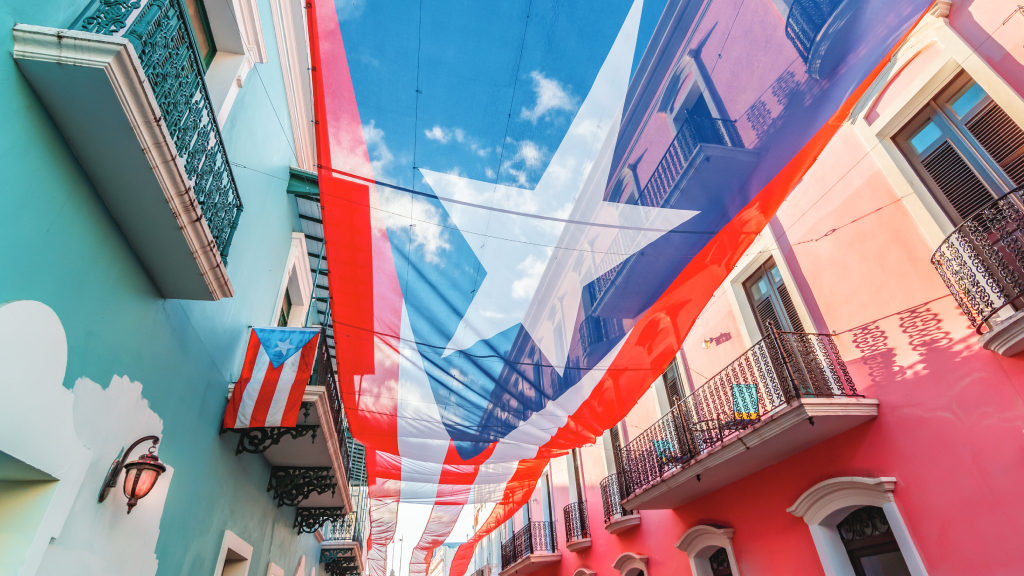In 1917, President Woodrow Wilson signed the Jones-Shafroth Act that extended Puerto Ricans citizenship in the United States. The first large wave of immigrants from Puerto Rico arrived soon after but were hardly welcomed with open arms by those in the U.S. In fact, they were treated as second-class citizens. Puerto Rican writers have endured colonialist practices, including the linguistic imposition of English that has established monolingualism as the norm. This has kept them from becoming part of the American literary canon. “El proyecto de la literatura puertorriqueña/The Puerto Rican Literature Project” (PRLP) at the University of Houston aims to preserve the voices of Puerto Rican writers by making nearly 50,000 archival and contemporary primary sources available to the general public.
This under emphasized demographic has a rich history of prolific works. The executive editor of Arte Público Press (APP) and co-founder of the U.S. Latino Digital Humanities program at UH, Gabriela Baeza Ventura, Ph.D., will lead the project in collaboration with a Colectivo (Collective) of prominent scholars, writers and translators from Puerto Rico and the U.S. diaspora. Baeza Ventura said; “The archival mission is anchored in a deep sensitivity to Puerto Rican linguistic richness, which stands in contrast to the violence of monolingualism that reflects forced histories of migration within the archipelago and abroad.”
Once English was imposed as the national language of Puerto Rico, there was little to no space left for writers working in their native Spanish. “While this project is bilingual, the first entrance into the portal will be in Spanish so as to document the importance of the language that Puerto Rican and Latinx writers use to express themselves,” said Baeza Ventura. The 1940s and 1970s saw the majority of the influx of Puerto Rican citizens to America. With a $1.35 million grant from the Andrew W. Mellon Foundation, this Colectivo is beginning to unearth treasures in a way not seen before. “In Puerto Rico, in 2021, there is no centralized space (physical or digital) specifically for Puerto Rican literature that spans the archipelago and diaspora. This has made the unification of Puerto Rican literary studies difficult, splitting the field between archipelago and diaspora,” said Baeza Ventura.
Each entry in the digital database will be comprehensive and will include things such as the biography of the writer, access to poems in original Spanish and a translation in English, links to other places the poems can be accessed, lesson plans for teaching about these important contributors and even interviews and performances. The Colectivo is already interviewing authors and recording them reading their original work.
And as far as who can access the database?
“The archive itself will be open-access and have a digital life. The team will follow a post-custodial model where physical archives will remain in the institutions and archives that originally housed them,” said Baeza Ventura. She went on to clarify this delicate situation: “This is not a project that seeks to replace those archives or transfer them outside Puerto Rico or the diasporic institutions where they live. Archival preservation efforts are crucial and digitization efforts are designed to broaden access, not replace preservation work.”



